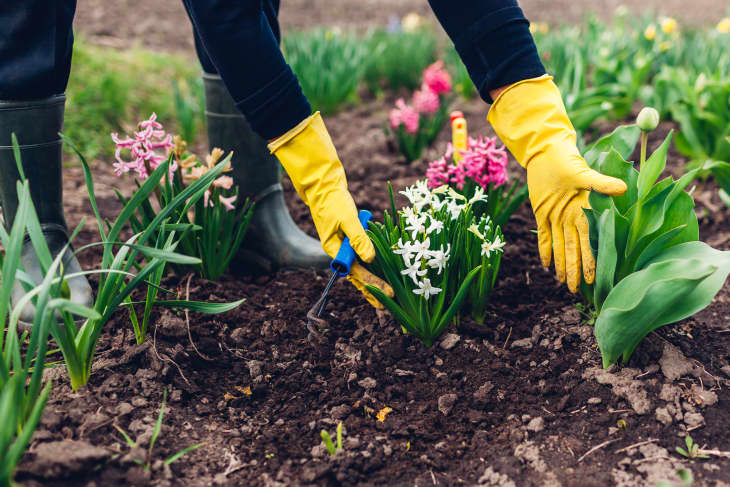Feeling Lonely? Tending a Garden Can Help, Experts Say

At the Chelsea Flower Show in London, the Royal Horticultural Society (RHS) has claimed that tending your front garden-rather than the back-can help improve mental health and reduce loneliness, as the location is said to be optimal for interaction.
“Being in the front of your garden gives you an excuse to meet people, we need to celebrate the front space,” said horticulturalist Jo Thompson to The Telegraph. “This space can be a social hub and help you connect with your neighbors.”
With this year’s theme focusing on mental health and loneliness, Thompson helped design the show’s Friendship Garden, the concept of which was inspired by Southern European cities where the balconies of neighbors are so close to each other it’s actually great for socializing.
“… you hear conversations from window to window shouted across the street,” she added.
Professor Tim Kendall, the National Clinical Director for Mental Health at the UK’s National Health Service, agreed with the statement.
“A garden is one of those things that can give people purpose and hope,” he said. “Loneliness is a reality for all too many people. Some people can go days, weeks and months without talking to friends and family. People suffer alone, and this can lead to drug misuse, alcoholism, eating disorders, heart disease, strokes and vascular dementia. It can cause as much excess mortality as smoking 15 cigarettes a day,” he told The Telegraph.
And if you’re an urban dweller who doesn’t have a front or back garden? You can simply have a succulent on your desk or maybe join one of those rooftop farms. Whatever your situation, just get those hands dirty!
“We passionately believe gardening is good for mental health and want to encourage people to join local gardening groups, garden with neighbors, or volunteer in gardens in order to boost their wellbeing and confidence,” said Sue Biggs, RHS director general.